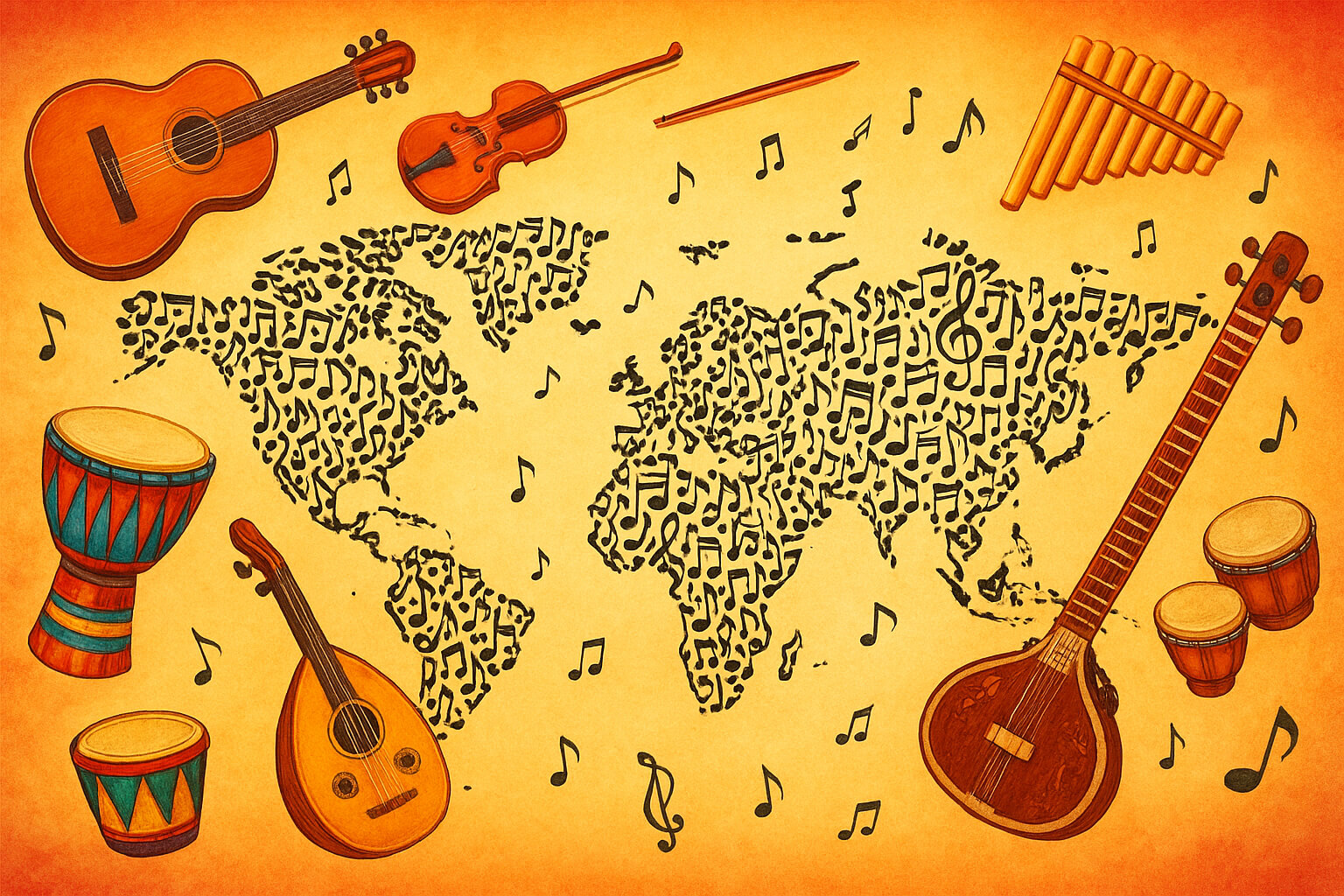August 15, 2025

Music has always been a powerful reflection of cultural and societal shifts. Each generation leaves its mark through the music it produces and consumes, shaping identity, values, and social movements. From the anthems of the 1960s that fueled civil rights activism to the electronic dance music explosion of the early 2000s, every era has a distinct soundscape that mirrors its cultural context. Beyond reflection, music actively influences trends, behaviors, and even technology adoption. Let’s explore how music shapes and drives generational trends in today’s society.
Historically, music has served as a tool for social commentary and activism. Songs have rallied communities, conveyed messages of hope, and challenged the status quo. During the U.S. Civil Rights Movement, “We Shall Overcome” became a unifying anthem, while later, punk rock and hip-hop emerged as outlets for rebellion and social critique.
Hip-hop, in particular, has evolved into a global platform for political expression. Its roots in storytelling and social commentary continue to influence movements addressing racial inequality, gender issues, and economic disparities.
By reflecting societal concerns through lyrics, rhythms, and performance, music not only chronicles history but also mobilizes listeners to engage with pressing issues.
Music and fashion have long been intertwined. Musicians influence what people wear, how they present themselves, and the lifestyle trends they adopt. The grunge era of the 1990s, epitomized by bands like Nirvana and Pearl Jam, introduced ripped jeans, flannel shirts, and a nonconformist style. Similarly, today’s artists, such as Billie Eilish, blend music with bold streetwear aesthetics, setting trends that resonate with global youth culture.
The symbiosis of music and fashion allows listeners to visually align with the attitudes and ethos of their favorite artists, reinforcing both personal and generational identity.
Technological innovation has consistently reshaped the music landscape. The electric guitar revolutionized rock in the 1950s, while drum machines and synthesizers transformed pop and electronic music in the 1980s. In the digital era, software like digital audio workstations (DAWs) and advanced synthesizers have democratized music production, allowing independent artists to produce professional-quality tracks from home studios.
Technology does more than produce new sounds; it enables novel styles, global collaboration, and distribution, fundamentally changing how audiences discover and interact with music.
Music has always given youth a voice to express emotions, struggles, and aspirations. Hip-hop, punk, and grunge allowed young people to challenge authority, while today, social media platforms like TikTok amplify their reach globally. Trends emerge rapidly, with songs becoming soundtracks for memes, dances, and viral challenges.
By engaging with music, young people cultivate community, gain visibility, and influence cultural trends in ways that extend far beyond the sound itself.
Music provides profound emotional and cognitive benefits. Studies show that listening to or performing music can reduce stress, improve mood, enhance focus, and strengthen memory. Classical compositions, jazz improvisation, and contemporary pop all stimulate emotional and cognitive responses, offering both relaxation and motivation.
In an era of heightened stress and digital overload, music offers a readily accessible tool for enhancing well-being while reinforcing cultural and generational identity.
From activism to fashion, technology, and mental well-being, music remains an enduring force in shaping generational trends. It not only reflects the zeitgeist but also actively influences behavior, societal values, and creative expression. Understanding these dynamics helps us appreciate how music connects generations, transcends borders, and continues to innovate as both an art form and cultural catalyst.
Music continues to serve as a bridge between past and present, individual and community, creating a shared experience that defines each generation while shaping the next.
Stay up to date with the latest tips, expert insights, product reviews, and step-by-step guides to help you grow, create, and succeed—no matter your industry or passion.